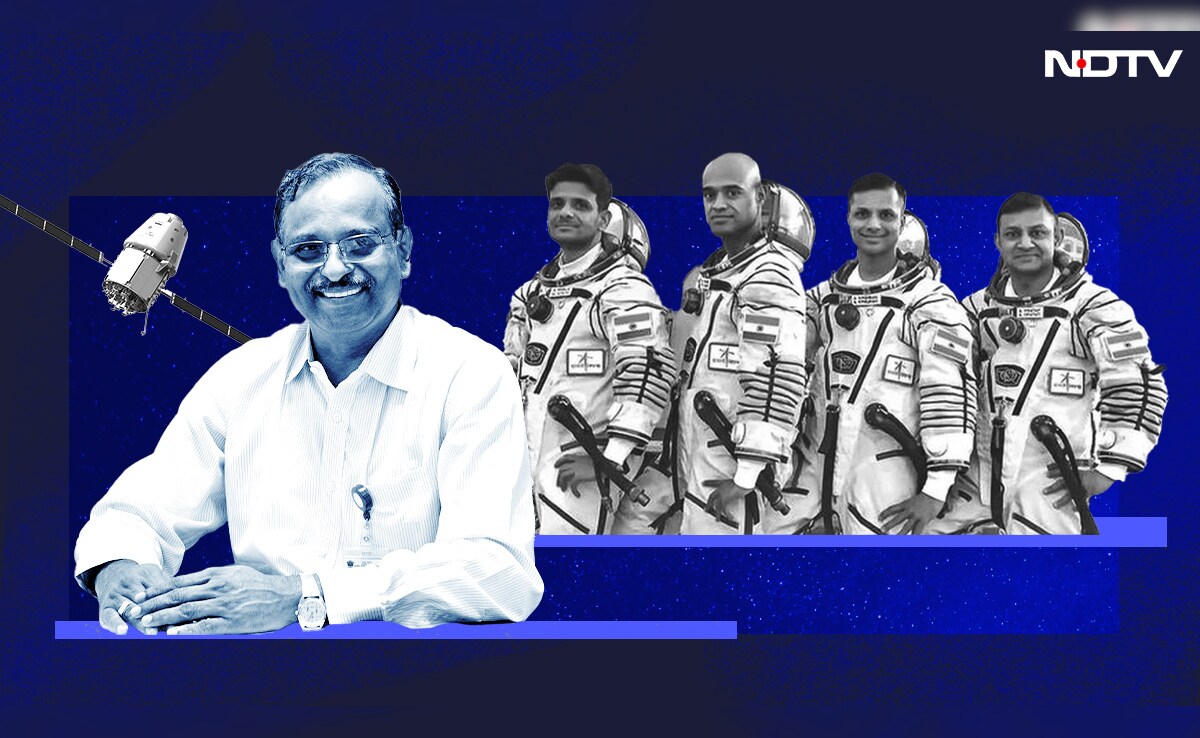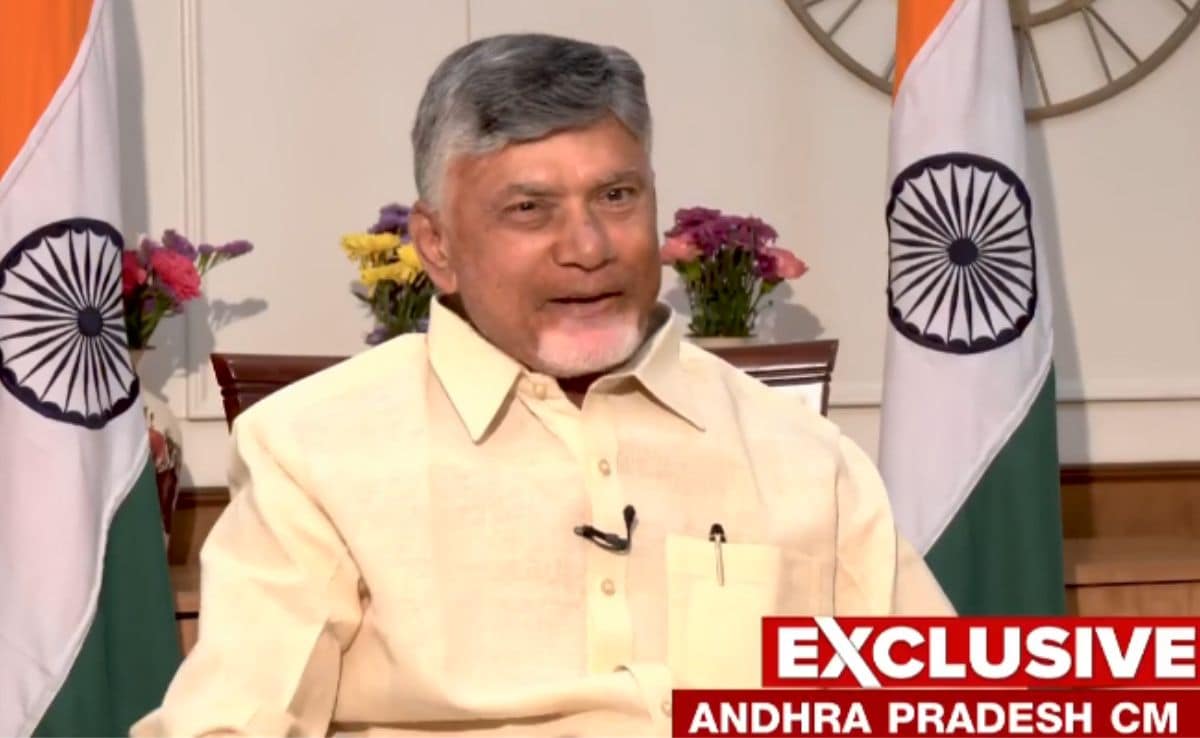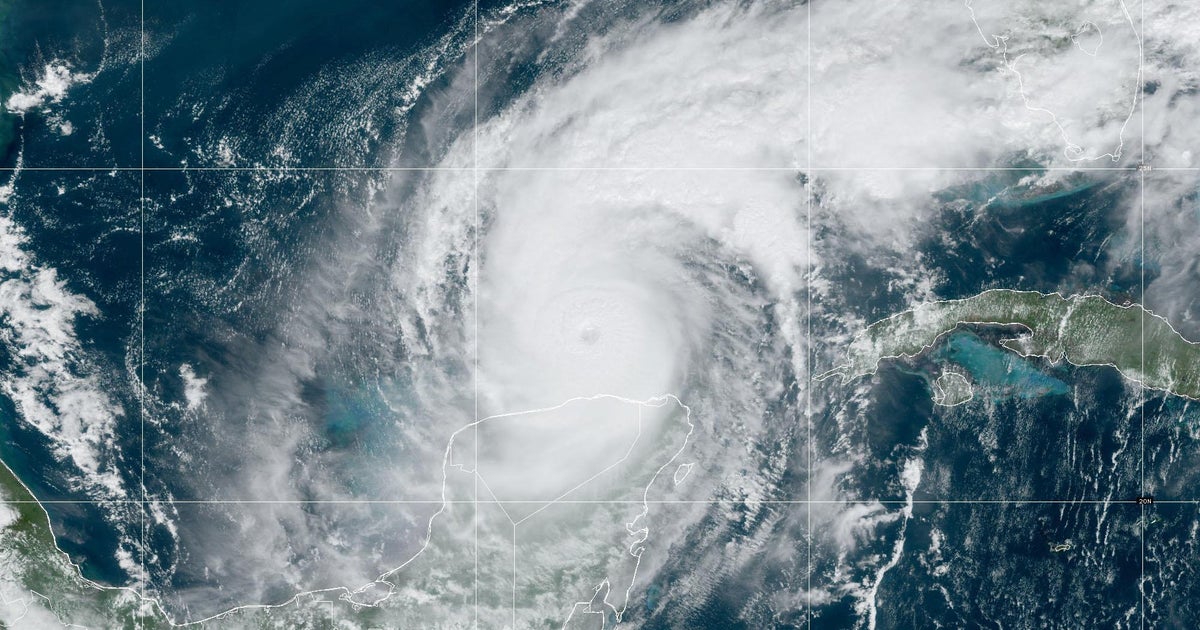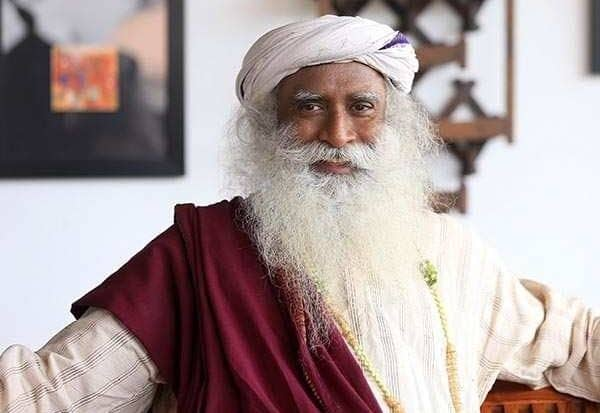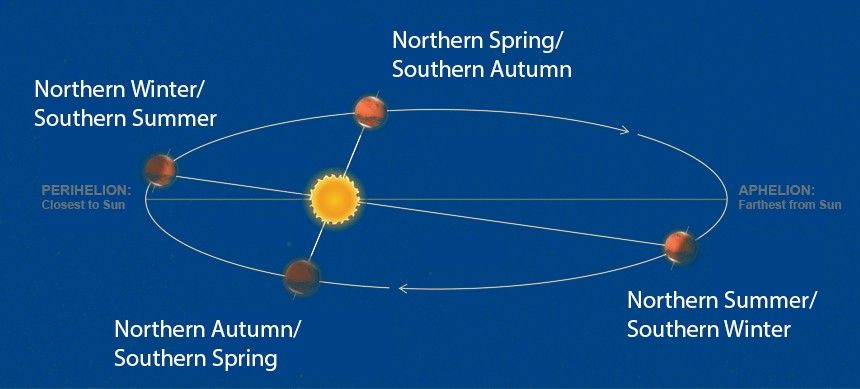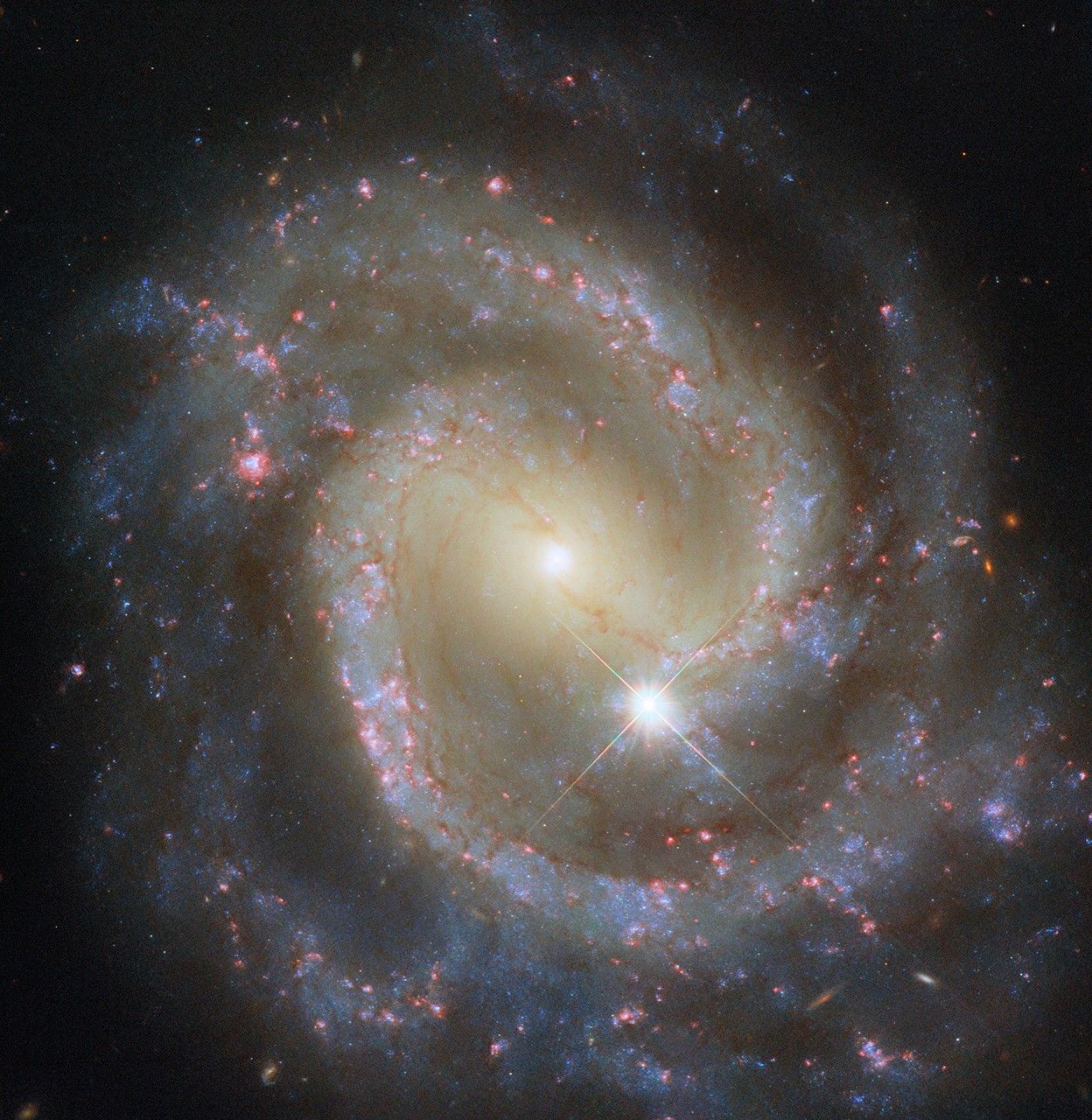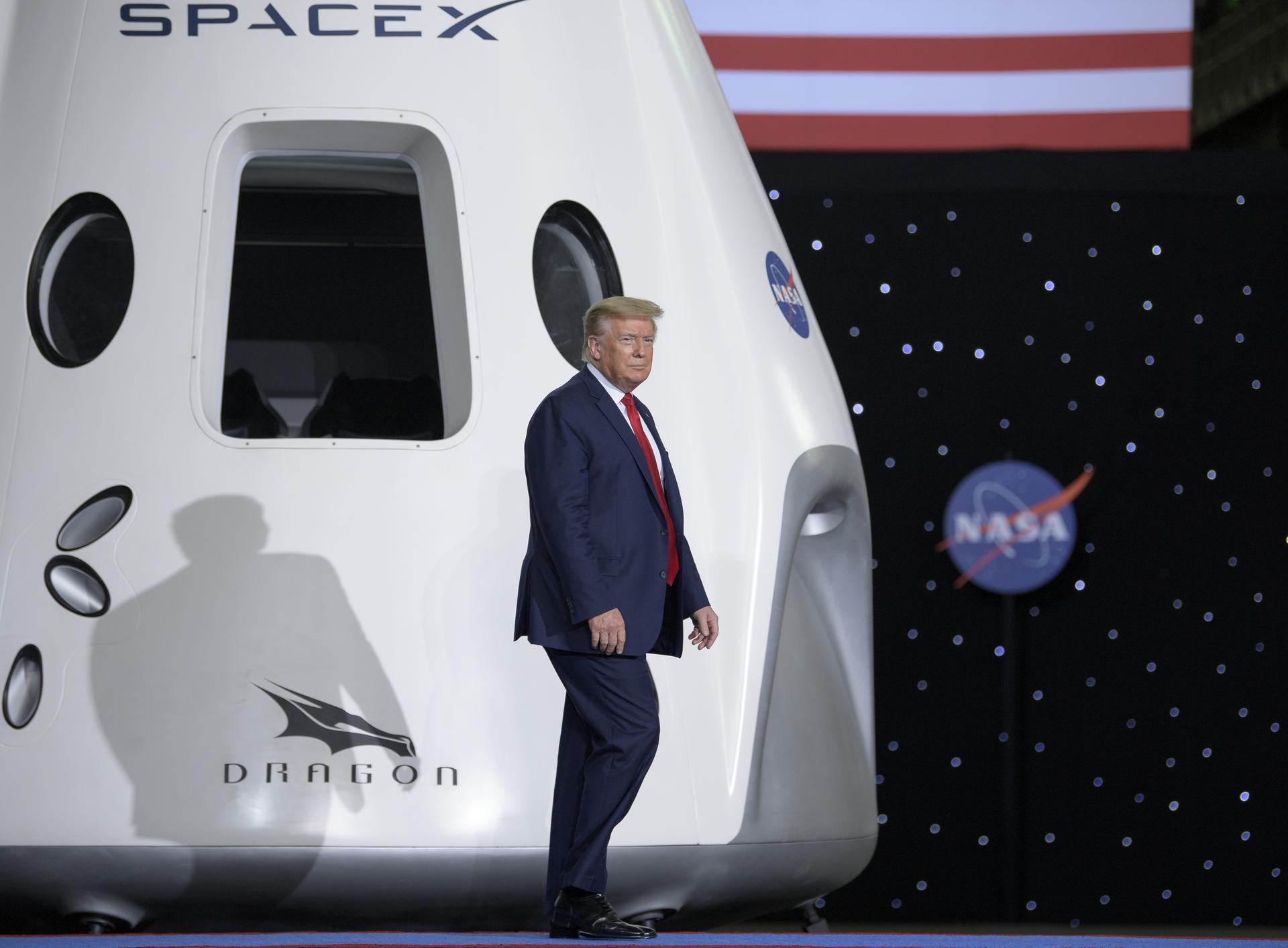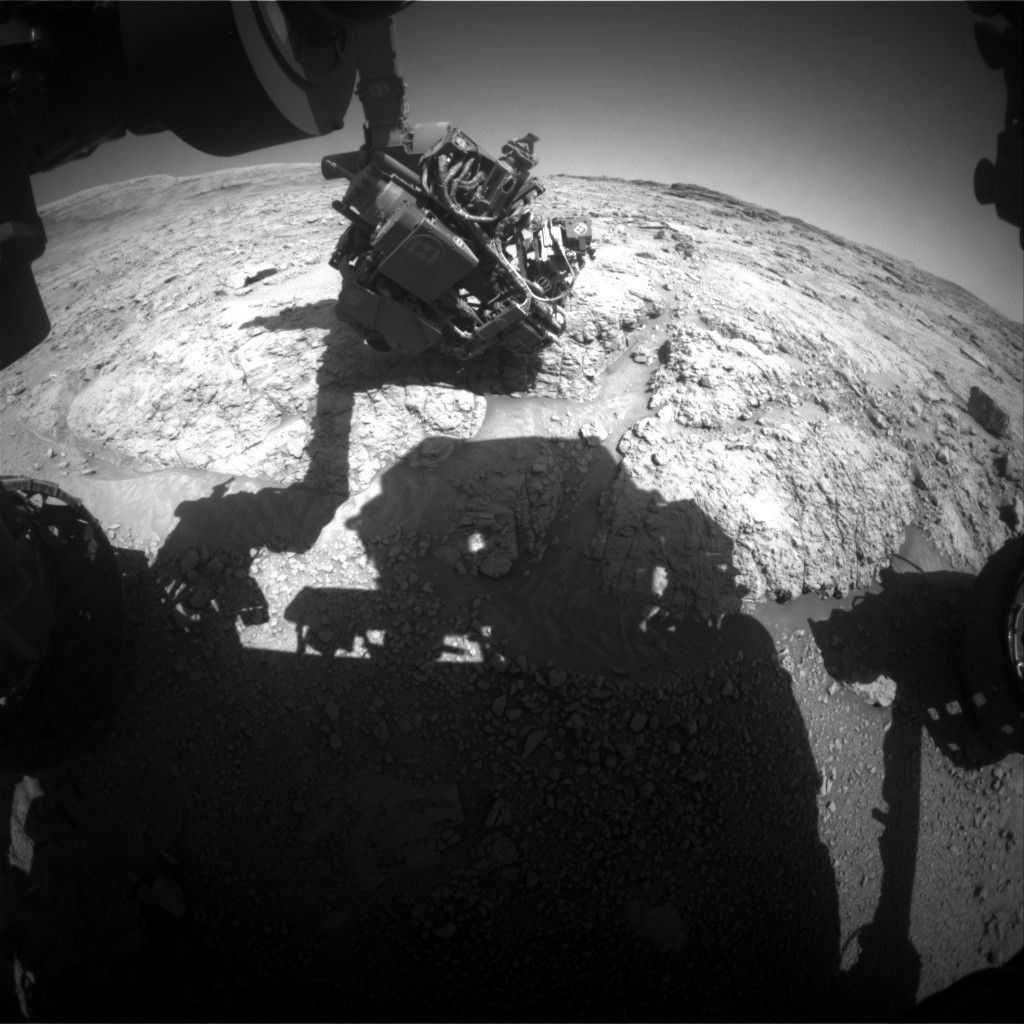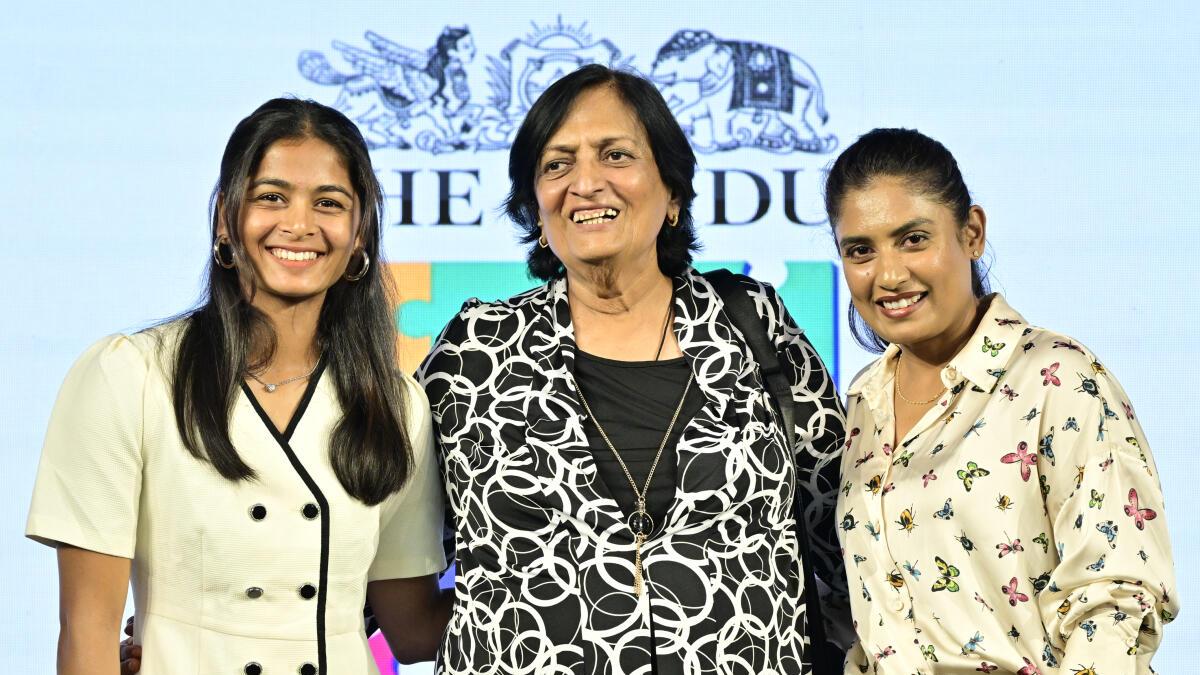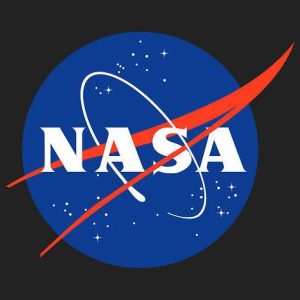I am Artemis: Chris Pereira
Chris Pereira can personally attest to the immense gravitational attraction of black holes. He’s been in love with space ever since he saw a video on the topic in a high school science class. But it wasn’t just any science class. It was one specially designed for English learners. “I was born and raised in […]


Chris Pereira can personally attest to the immense gravitational attraction of black holes. He’s been in love with space ever since he saw a video on the topic in a high school science class.
But it wasn’t just any science class. It was one specially designed for English learners.
“I was born and raised in Guatemala,” Pereira said. “I came here at 14 unable to speak any English.”
Pereira did not know how to navigate the U.S. educational system either, but after that class, he was certain he wanted a career in space.
Thus began a journey that ultimately landed him at L3Harris Technologies, where he works in the Aerojet Rocketdyne segment as an engineer and operations integrator on the RS-25 engine – used to power the core stage of NASA’s SLS (Space Launch System) rocket that will launch astronauts to the Moon under NASA’s Artemis campaign.
Pereira’s first step was to stay after class and ask to borrow a copy of the video on black holes. His teacher not only obliged but took him across the street to the local library to get his first library card.
Pereira quickly recognized that the pathway to his desired career in space was through higher education. It was equally clear, however, that he was not yet on that pathway. English as a Second Language classes, including that science class, did not count toward college admissions. His guidance counselor, meanwhile, was nudging him toward the trades.
But with the help of teachers and a new guidance counselor, he got himself on the college-bound track.
“I came to understand there were multiple career pathways to explore my interest in space,” Pereira said “One was engineering.”
There was a lot of catching up to do, so Pereira took eight classes per day, including honors courses. He also worked every day after school cleaning a gymnasium from 6 to 11 p.m. to help his family make ends meet.
Pereira earned his mechanical engineering degree at California State University at Los Angeles while also working as a senior educator at the California Science Center to cover the cost of his college tuition and living expenses.
Pereira’s first career experience was as an intern in manufacturing engineering at Aerojet Rocketdyne. “I learned that making 100% mission-success engines requires a strong culture of attention to detail, teamwork and solid work ethics.” Pereira said. His first full-fledged engineering job was with Honeywell Aerospace working on aircraft programs.
Eventually, space came calling — literally. “My mentor at Aerojet Rocketdyne called me up and said, ‘Chris, I have a job for you,’” Pereira said.
He began his new job working on rocket engine programs including the AR1 and RS-68 but shifted to the RS-25 after NASA awarded Aerojet Rocketdyne a contract for newly manufactured versions of the engine. Initial versions of the SLS are using refurbished engines from the Space Shuttle Program. Evolved versions of the RS-25 recently concluded a critical test series and will debut with the fifth Artemis flight.
As RS-25’s operations integrator, Pereira is responsible for ensuring that the many pieces of the program – from tracking on-time procurement of supplies and labor loads to coordinating priorities on various in-demand machine centers – come together to deliver a quality product.
Playing a key role in the nation’s effort to return astronauts to the Moon feels a bit like coming home again, Pereira said. “You develop your first love, work really hard, take different pathways and encounter new passions,” he said. “It’s almost funny how the world and life work out – it’s like I’ve taken a big circle back to my first love.”
NASA is working to land the first woman, first person of color, and its first international partner astronaut on the Moon under Artemis. SLS is part of NASA’s backbone for deep space exploration, along with the Orion spacecraft, supporting ground systems, advanced spacesuits and rovers, the Gateway in orbit around the Moon, and commercial human landing systems. SLS is the only rocket that can send Orion, astronauts, and supplies to the Moon in a single launch.
What's Your Reaction?








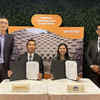



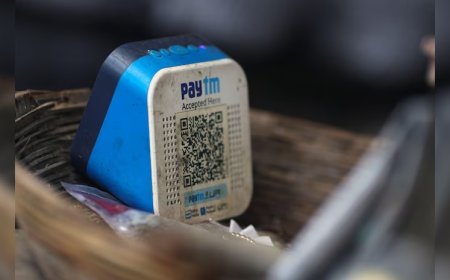
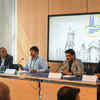





.jpg?#)

